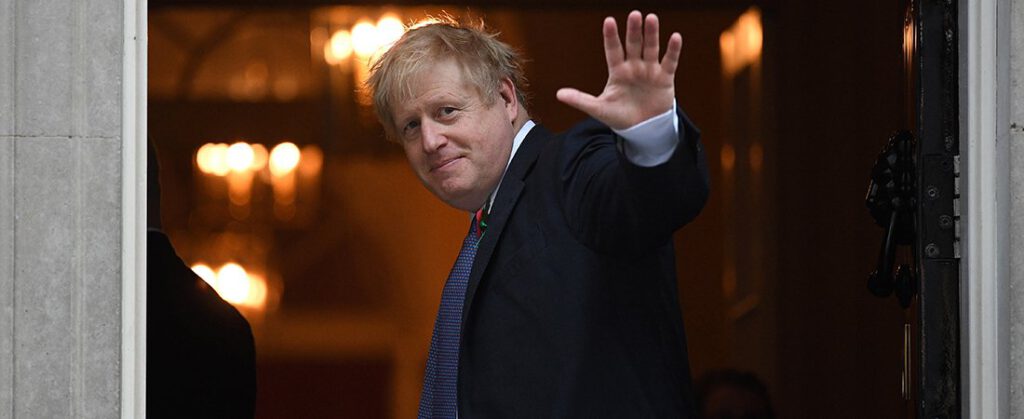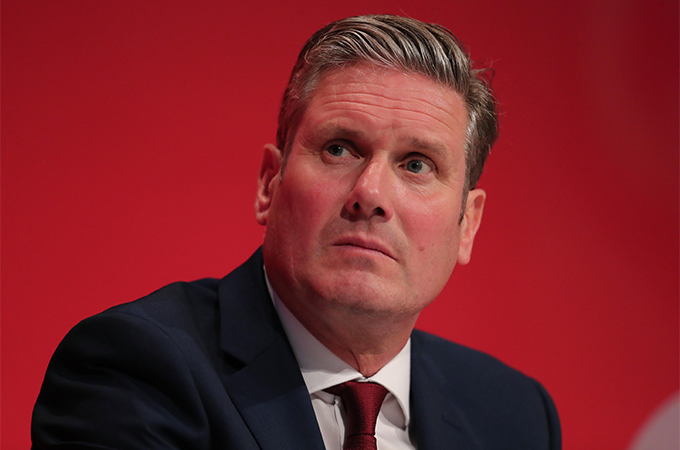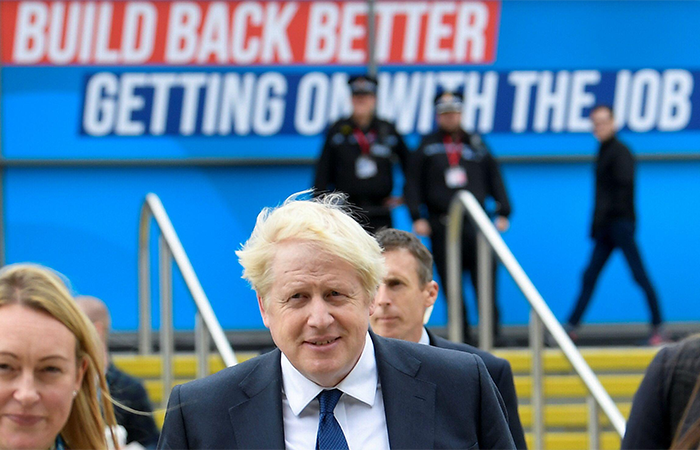There’s lots of commentary out there on today’s Spring Statement. And in the warren of offices where lobby journalists work in Westminster, a good deal of energy will be put into drawing up countless text-boxes and explainers. For the evening broadcast news bulletins, learned economics editors will stand in front of giant graphs showing OBR-this and OBR-that. There will be talk of hundreds of millions and tens of billions and perhaps even an occasional trillion. The national finances will be discussed in detail. And none of it, well virtually none of it, will penetrate the consciousness of the median voter. Put simply, all of this may as well be in a foreign language.
How do I know this? Because late last year I ran some polling with the great Dan Neidle of Tax Policy Associates and formerly Tax Partner at Clifford Chance that asked people some fairly basic questions about large numbers and about the public finances. I asked people what the closest figure was to the amount of cash the government spends every year – giving a list of figures between £100million and £100trillion. Just 16% chose the correct number – £1trillion. Perhaps that’s not surprising when fewer than half the population know how many billions there are in a trillion or how many millions there are in a billion.
Education makes little difference. Just 48% of graduates know how many millions there are in a billion, compared to 43% of the whole population.
Ignorance is just as rampant when it comes to how the government spends its money. If you ask people what government spends the most money on then among the top five answers are first the NHS – a good guess. But these are then followed in descending order by “spending on migrants and asylum seekers”, debt interest, MPs’ expenses and international aid. In reality, MPs’ expenses make up about 0.01% of public spending. And yet getting on for a quarter of the population think they represent one of the top three items of expenditure.


(Charts courtesy of Tax Policy Associates, https://taxpolicy.org.uk/2024/10/26/the-publics-surprising-choice-of-tax-increase-and-why-we-should-ignore-it/)
A wealth of recent polling shows that the public has a fundamentally ‘cake-ist’ attitude to public spending and tax. It resists the taxes which are necessary to fund decent services – and even things they are generally sympathetic to and might generate growth, such as the energy transition. And yet it still craves those services, expects the NHS to be “envy of the world” and will fiercely resist measures like ending the triple lock bribe.
In my poll, when I asked people why taxes might have to go up the most popular answer was “we currently spend too much tax money on the wrong things”. And yet many of these things represent little more than spare change in the wider government budget.
The real economy for most people is very different. It is felt viscerally – as a knot of anxiety when you get a new direct debit figure from your energy supplier, or check to see how much your remortgage will be. All of that has a great deal to do with what Rachel Reeves talked about in the Commons today.
But this lack of knowledge is not conducive to good government. For a while we have got away with politicians being reluctant to accurately describe the fiscal morass to the public. And the public has got away with not needing to know and make a choice. But democracies depend on an informed citizenry that can make these choices.
For that reason, I think there’s an overwhelming case for SW1 to level with the public and start offering a few home truths. The Government Communication Service should do much more to educate people about where the money comes from and where it goes. This information has been provided for a while. If you look, it’s actually in your Annual Tax Summary on gov.uk. I just checked mine. But who on earth bothers doing that?
Instead, it’s time for posters, ads, social media. The full gamut of paid and owned communications campaigns. Because next time this or any Chancellor stands up and talks about millions and billions we’d all be better off if we knew what she actually meant.





